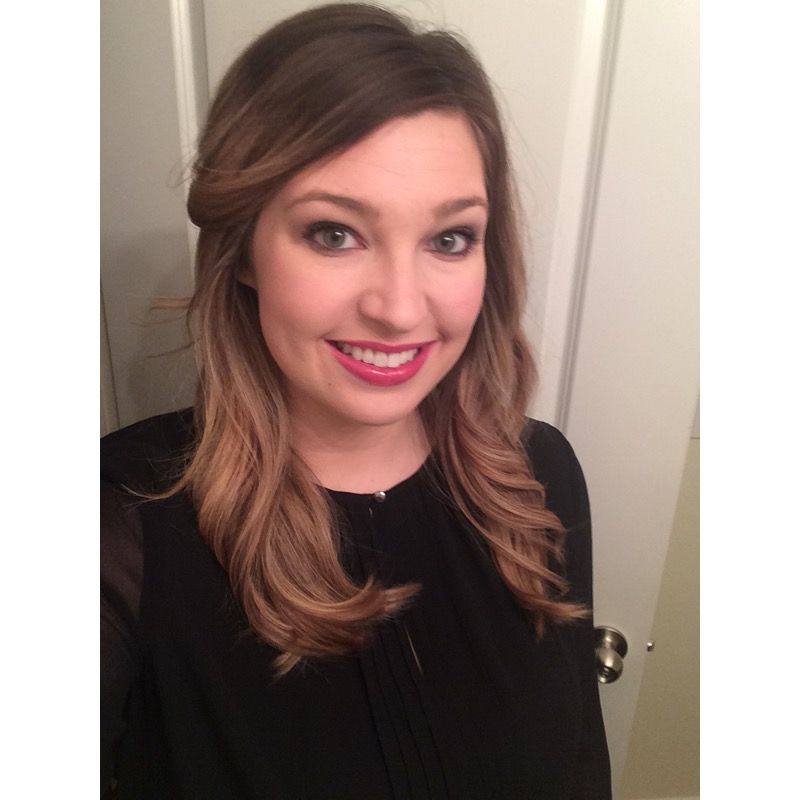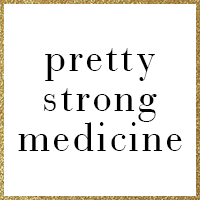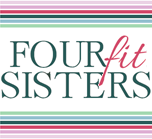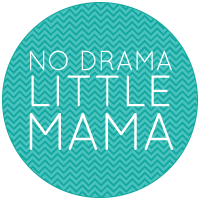During this past year as a nursing assistant, I have seen and done things I NEVER would have experienced had I not taken the year off after college. Last March I knew I needed to formulate a plan when I realized all of my medical school applications were languishing away in the purgatory known as waitlist/hold land. A year off seemed inevitable at that point. I knew I needed to do something that would help my application for next cycle and that would also give me valuable patient care experience while not requiring too much additional study - insert nursing assistant certification (CNA).
In a hurry and with the help of a generous family member, I was able to scrape together all the necessary documentation and hefty tuition fee to take the CNA course. Two days after graduation, I began the two weeks of classes and lamented the fact that I didn’t just decide to take a victory lap at IU and get a masters in underwater basket weaving.
 |
| Source |
As a nursing assistant, I am responsible for assisting patients/clients/residents (I prefer patients) with their activities of daily living. It’s exactly what you think it is - bathing, grooming, eating, toileting, ambulating, transferring, and most importantly - companionship. I am a counselor, a friend, a liasion between other medical professionals, and sometimes a cook, housekeeper, and personal assistant. In the nursing facility arena, this translates to nurse slave.
I’ve been pooped and peed on. I’ve had someone puke on my shoes. I’ve been hit, kicked, slapped, and scratched. I’ve been cursed at and been called horrible names but I wouldn’t trade it for the world.
I have had the unique experience of working one-on-one with patients privately in their homes and also working in a busy, less-than-fancy skilled nursing and rehabilitation center. I worked with patients far richer than I and also far poorer. I’ve worked with patients black, white, yellow, blue, and pink from all walks of life. Thanks to the rehabilitation area of my work, I haven’t just interacted with the elderly - I’ve seen people of all ages, including a quadriplegic only three years older than me.
I’ve also taken care of multiple hospice patients and helped grieving families through the end of life of a loved one. I’ve watched people come into our nursing facility broken and injured, go through rehab, and get to go home. I’ve made meaningful relationships with patients and their families. I’ve laughed and cried, listened and shared, comforted and supported, but I can guarantee those patients did more for me than I ever did for them.
I want to share just some of the lessons I’ve learned in the past year. It’s been a wild ride - I’ve wanted to quit and get a job folding t-shirts at the Gap more times than I can count. Regardless, the connections I’ve made with others along the way have been invaluable and I know I will be a stronger person and a better doctor because of them.
 |
| Source |
1. Death is not something to be feared.
This year was the first time since my dad died my freshman year of college that I had to deal with death on a personal level. The very first person I took care of fresh out of CNA class was a terminally ill cancer patient. I worked with this patient for only two months but I developed a pretty profound relationship with her and her family. Her death really shook me but it made me realize how natural and necessary death is even if it is painful for those of us still here on Earth. Death brings peace to the ill and God takes away all their suffering. Death should not be feared but used as a chance to celebrate their life and what is beyond.
This is a given. You would think. And yet time and time again, people are neglected, abused, and mistreated in our health care system. It may come in the form of a nurse that disrespects an aide, an aide that is too rough with a patient, or a patient that is never visited by family. We can sit and hypothesize why all of these things happen - the nurse is overworked and underpaid (truth), the aide is entirely too busy (truth), the family member has a job and a family (usually true) but it doesn’t excuse the fact that everyone deserves to be treated with dignity and respect for their life.
As a physician, I want to make this the core of my practice. Even when I’m busy, even when there are a million things I need to do, even when I’m being paid a pittance in residency and barely get to see my family, I must always remember to treat my patients like they are the only people I am going to see that day. I realize I have no idea what’s its like in real life yet, but this is something I will strive for.
It is amazing how powerful connecting with others through touch can be. You can bring so much comfort and calm to a person just by giving their hand a gentle squeeze, placing your hand on their shoulder when you speak, or giving out a kind hug. Every night that I am with my current client, we always squeeze each other’s hand and say “good-night” once I have gotten him settled in bed. It is reassuring and lets him know I am there if he needs anything.
Humans are meant to be tactile - all you have to do is look at the example of the practice of co sleeping premies when one baby is struggling to survive. We long to connect with others - to reach out and touch, hold, nuzzle, etc. While you obviously need to maintain a respectful and professional relationship, never underestimate the power of touch. It is definitely something I will take with me in the future.
 |
| Source |
4. We are nothing without each other.
No one can exist entirely by themselves. We NEED each other. How can we possibly accomplish all we need to do in our work, family lives, personal goals, etc. if we try to do it all ourselves? We can’t!
This year I learned that health care is a team sport - everyone has a role to play and everyone needs to work together in order to provide the highest quality care. There needs to be an open line of communication between all the areas of care or something is bound to fail (analogy time: just like in the body!). To take it further, working with others in a productive, positive, uplifting way is paramount. I can’t even explain the difference in how my nights went based on who I would be working with. Some people want to get by doing as little work as possible - all while complaining and being rude. Guess what? Not only are you making this a bad day for me, you are making it harder on yourself AND the patients you are trying to help. Bottom line, we need each other to succeed and we need to project the best version of ourselves while doing it. (Also, make friends with the nurses and other HCPs...they rock!)
 |
| Source |
Stepping away from the heavy life lessons on this one...I can handle any bodily fluid you throw at me (literally). Poop, pee, pus, blood, vomit, mucus, bile, and any other ungodly secretions - I’m good. I’m not going out of my way to step in it but after your shoes have been puked on and you’ve slipped in a puddle of pee, eventually you just get used to it.
It is with these lessons and dozens more that I will enter medical school a little more prepared and a lot wiser than if I had gone straight from college. I’m not going to pretend that all these wonderful life lessons were at the forefront of my mind when I was elbow deep in fecal matter but a little hindsight yields excellent insights. I’m confident that once I am out of the classroom working with patients, I will recall my experiences and be glad chose this road.
















I LOVE this post! I'm a new follower, found you on Erin's blog (She's a Big Star). I just started my first semester of nursing school and this post just really resonated with me :) Looking forward to linking up for weigh-in Wednesday with you!
ReplyDeleteThanks girls! I have so much respect and admiration for nurses. They are going to be my best friends during clinicals. Congrats on starting school!
DeleteMedical practitioner is truly responsible to offer variety of services to this society as one of such organization http://hibernianhealth.com/acls-advanced-cardiac-life-support-2/
ReplyDeletethat provide nurse training and nurses for health care, makes me think how importance this profession is.
Really wonderful piece of writing about your biography! To read your article it seems to me that as an nursing assistant you have enjoyed your profession very nicely and you have understood very nicely about cna job responsibilities that how to take care of this. So thanks for sharing with us.
ReplyDeletehttp://www.cnacareeragency.com/
The time spent in nursing homes can be one of growth, emotional healing, and creativity for residents, staff, and family members. http://www.ioscar.org/lpn-programs-in-jacksonville-fl/
ReplyDelete